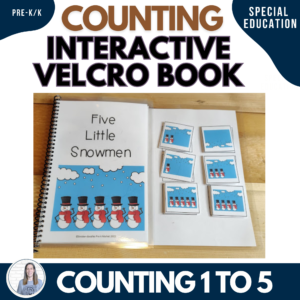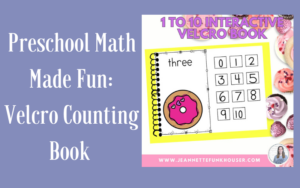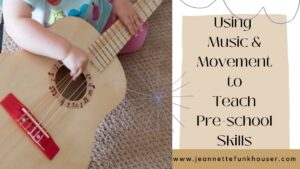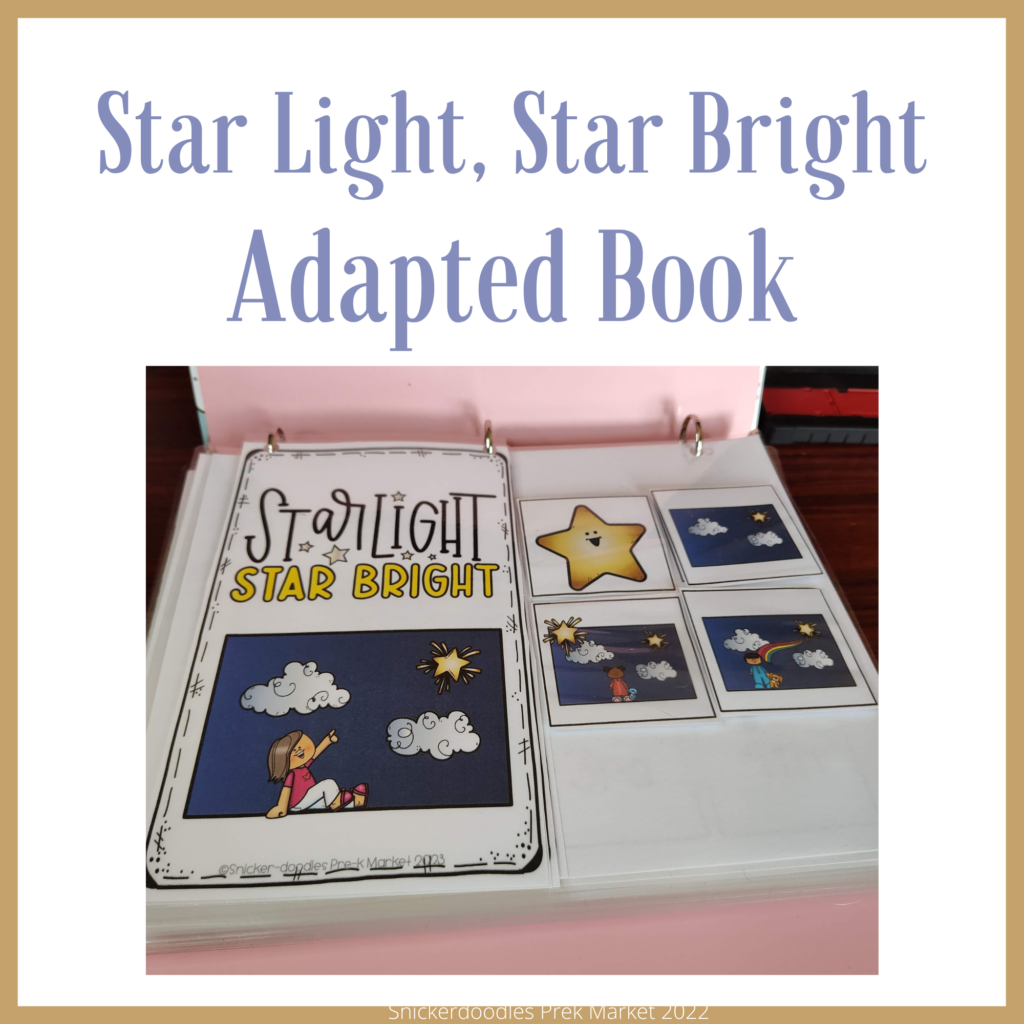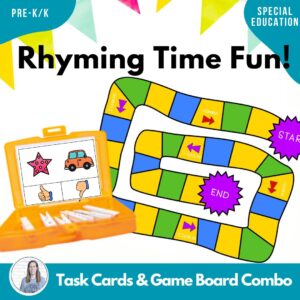Finger plays in prek are delightful, rhythmic activities that involve using the fingers and hands to act out stories, songs, and nursery rhymes. These engaging activities are not only fun but also offer numerous developmental benefits for preschoolers.
Here’s a closer look at the value of incorporating finger plays into preschool education.
1. Enhancing Language Skills
Finger plays often involve repetition and rhyme, which are crucial for language development. As children recite verses and sing along, they expand their vocabulary and improve their pronunciation. Engaging in these playful activities helps preschoolers develop phonemic awareness, a foundational skill for reading.
2. Promoting Fine Motor Skills
The physical aspect of finger plays in prek encourages children to use their fingers and hands in various ways. This can include clapping, wiggling, or making specific shapes. These movements strengthen hand-eye coordination and fine motor skills, which are essential for tasks like writing and self-care.
3. Encouraging Social Interaction
Finger plays are often performed in groups, fostering a sense of community among preschoolers. Children learn to follow along, take turns, and collaborate with their peers. This social interaction helps build important social skills, such as sharing and communication.
4. Boosting Cognitive Development
Many finger plays involve counting, sequencing, and following instructions, all of which stimulate cognitive growth. As children engage with the content, they practice memory recall and pattern recognition, enhancing their overall cognitive abilities.
5. Fostering Creativity and Imagination
Finger plays in prek often incorporate storytelling elements that ignite children’s imaginations. As they act out characters or narratives, they explore creative expression, which is vital for their emotional and social development. This imaginative play can lead to more complex storytelling as their skills grow.
6. Providing a Calming Routine
Incorporating finger plays into the daily routine can serve as a calming transition for preschoolers. The rhythmic nature of the activities can help children settle down, focus, and prepare for learning. This is particularly beneficial during busy or noisy times in the classroom.
7. Cultural Awareness
Finger plays often come from various cultural backgrounds, allowing children to gain exposure to different traditions and languages. This not only enriches their learning experience but also promotes inclusivity and respect for diversity.
Incorporating finger plays into preschool activities offers a wealth of benefits that support the holistic development of young children. From enhancing language and motor skills to fostering social interactions and creativity, these playful activities play a vital role in preparing preschoolers for future learning. As educators and caregivers, embracing the joy of finger plays can create a rich, engaging, and supportive learning environment for our youngest learners.



